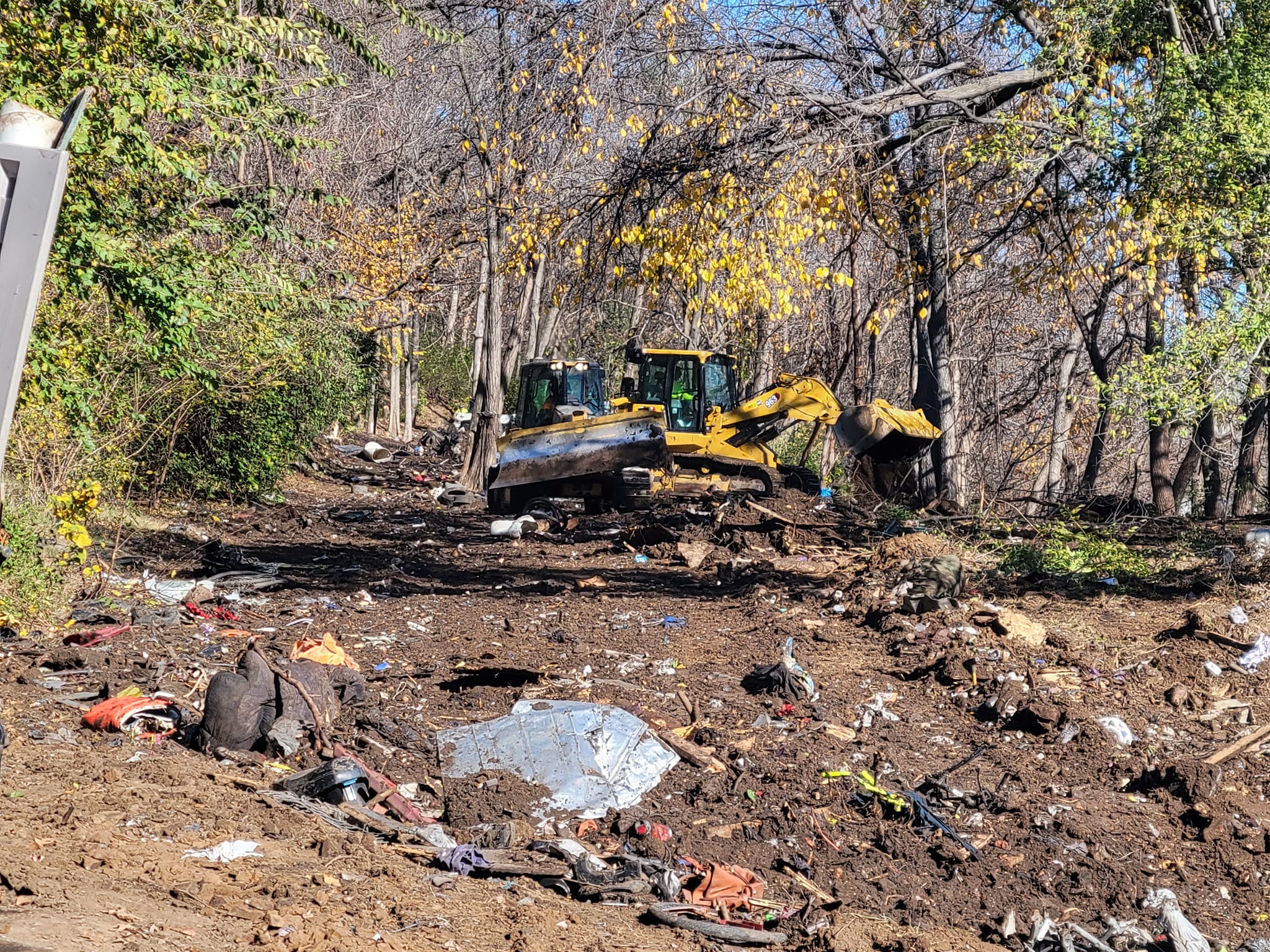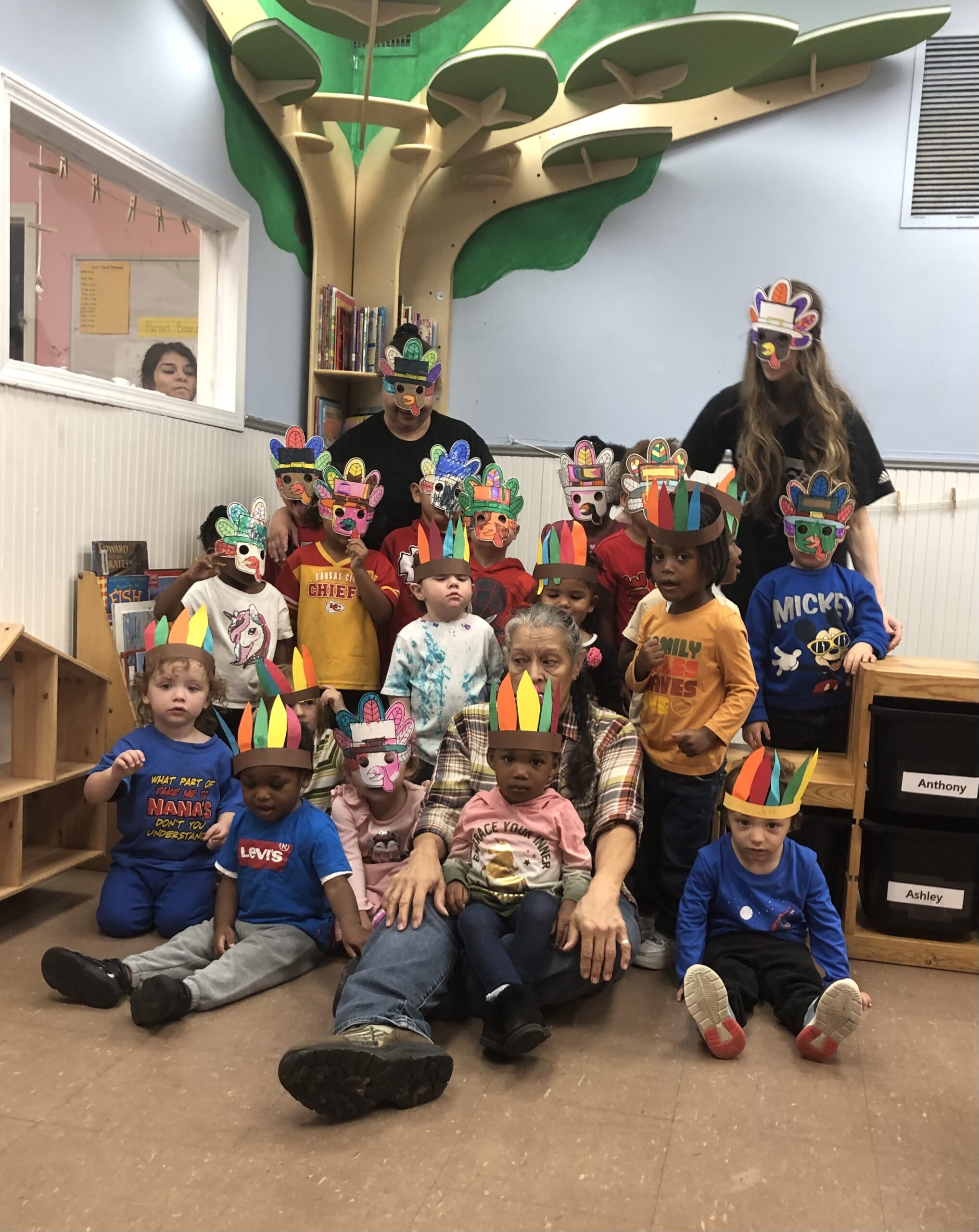Elizabeth Orosco
Northeast News
The Kansas City City Council unanimously voted Thursday, August 29 on two ordinances that aim to keep guns out of the hands of minors.
This year, there have been 99 homicides in Kansas City with five of those victims and six suspects being under the age of 16.
Of those homicides, 91 included some sort of firearm as the means of attack.
The new laws ban the possession of a handgun for any individual under the age of 18 as well as the transfer of a handgun to a minor.
Mayor Quinton Lucas, who introduced ordinances 190661 and 190664 said the goal is simple: “to make our community safer.”
He said this would also aid the police department, who were unable to recover firearms from minors.
There is currently no law in the state of Missouri that makes it illegal for a minor to have a handgun or a weapon. Although it is illegal under federal law, it is not commonly enforced.
“This would create another tool for our officers to help them recover firearms and get those firearms off the street,” he said.
With just one month in office, Mayor Lucas said this is something he won’t stand for.
“This is why we come up with solutions like this,” he said. “Something my office won’t stand for, and frankly any office won’t stand for, is to say that this is tolerable or that this something we should get used to.”
According to the Kansas City Police Department’s Daily Homicide Analysis, of the predominant contributing factors to these homicides, 33 were because of an argument.
Mayor Lucas said he is working with schools to teach specific skills and offer services.
“We will continue to work with our public schools, county prosecutor’s office… to teach more skills like conflict resolution and make sure we are creating opportunities like counseling,” he said.
While it is one step toward a solution, Mayor Lucas said he is proud of the work that has been done.
“These two [ordinances] are some of our proudest accomplishments,” he said. “The reason being because we can both seize firearms, get some guns that are in the hands of people who shouldn’t have them, off the streets, and part two is the idea that we can create that counseling and other mentoring services.”


















